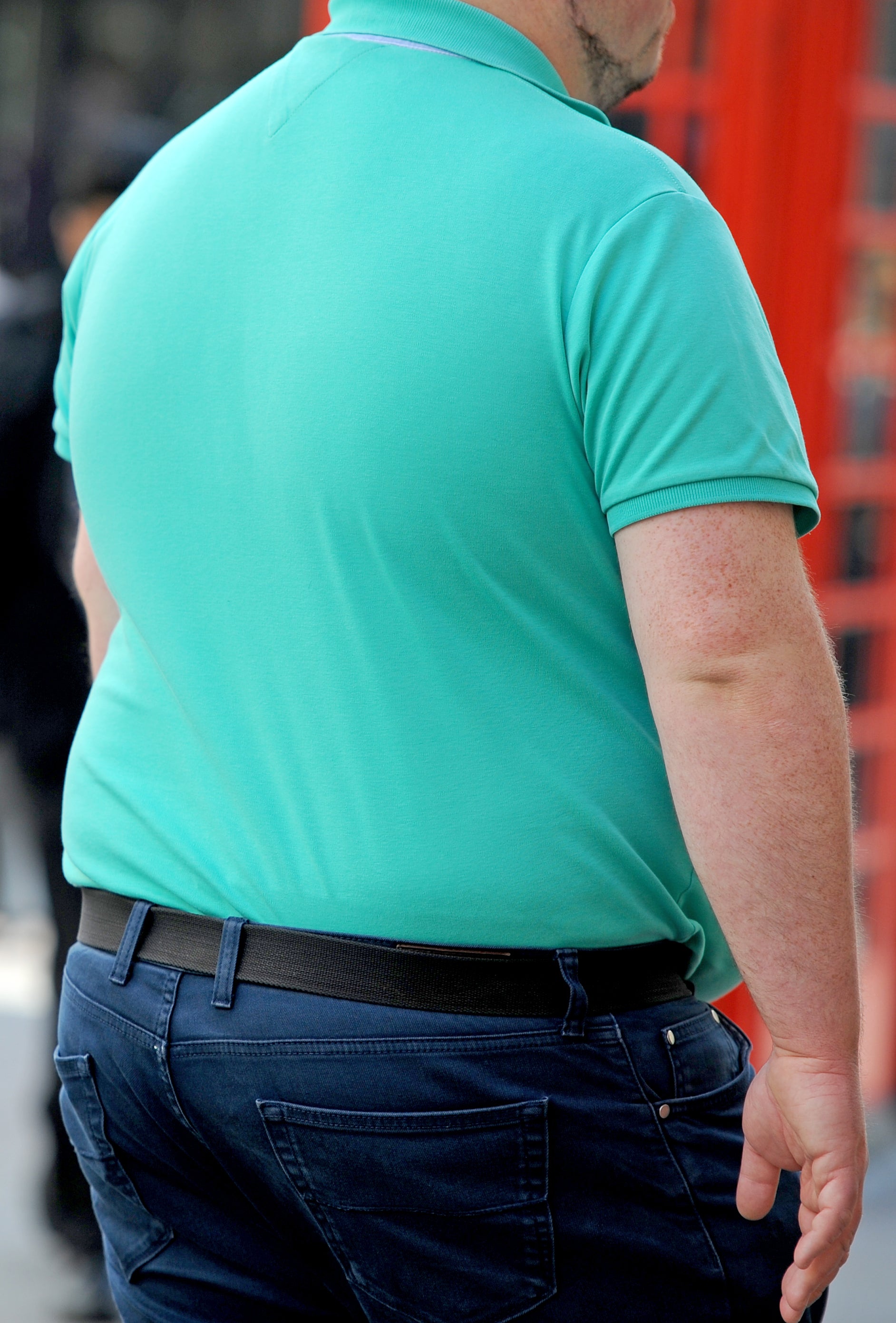Men with extra pounds of fat may be more likely to break a bone
Research indicates doctors should consider testing patients with a high body weight for osteoporosis.

Your support helps us to tell the story
From reproductive rights to climate change to Big Tech, The Independent is on the ground when the story is developing. Whether it's investigating the financials of Elon Musk's pro-Trump PAC or producing our latest documentary, 'The A Word', which shines a light on the American women fighting for reproductive rights, we know how important it is to parse out the facts from the messaging.
At such a critical moment in US history, we need reporters on the ground. Your donation allows us to keep sending journalists to speak to both sides of the story.
The Independent is trusted by Americans across the entire political spectrum. And unlike many other quality news outlets, we choose not to lock Americans out of our reporting and analysis with paywalls. We believe quality journalism should be available to everyone, paid for by those who can afford it.
Your support makes all the difference.Men who carry a few extra pounds of fat may be more likely to break a bone than those without, a study suggests.
According to the research, men with high levels of fat may be at greater risk of osteoporosis – a condition that weakens the bones and makes them more likely to fracture.
This is despite previous studies showing that body fat mass – weight of fat in the body – has a positive or neutral effect on bone health.
The new findings suggest obesity could lead to declines in bone mineral density (the amount of calcium and minerals in the bones) in people who are not typically considered at high risk of a fracture.
We found that higher fat mass was related to lower bone density, and these trends were stronger in men than women
As a result, doctors should consider testing patients with a high body weight for osteoporosis, particularly if they have other risk factors like older age or a family history, the experts argue.
They say healthcare providers often assume people with higher body weight have high bone density so they are less likely to be screened for the condition.
Rajesh Jain, of the University of Chicago Medicine, said: “We found that higher fat mass was related to lower bone density, and these trends were stronger in men than women.
“Our research suggests that the effect of body weight depends on a person’s make-up of lean and fat mass, and that high body weight alone is not a guarantee against osteoporosis.”
As opposed to body fat mass, lean mass is the entire weight of your body, including organs, skin and bones, minus fat.
Dr Jain added: “Health care providers should consider osteoporosis screening for patients with high body weight, especially if they have other risk factors like older age, previous fracture, family history or steroid use.”
The researchers analysed the bone mineral density and body composition data of 10,814 people aged under 60 from the National Health and Nutrition Examination Survey (NHANES) 2011/18 in the US.
They found that being leaner had a positive effect on bone mineral density for men and women, but a higher fat mass had a moderately negative association with bone mineral density, especially in men.
The study, co-authored by Tamara Vokes, is published in the Endocrine Society’s Journal of Clinical Endocrinology and Metabolism.